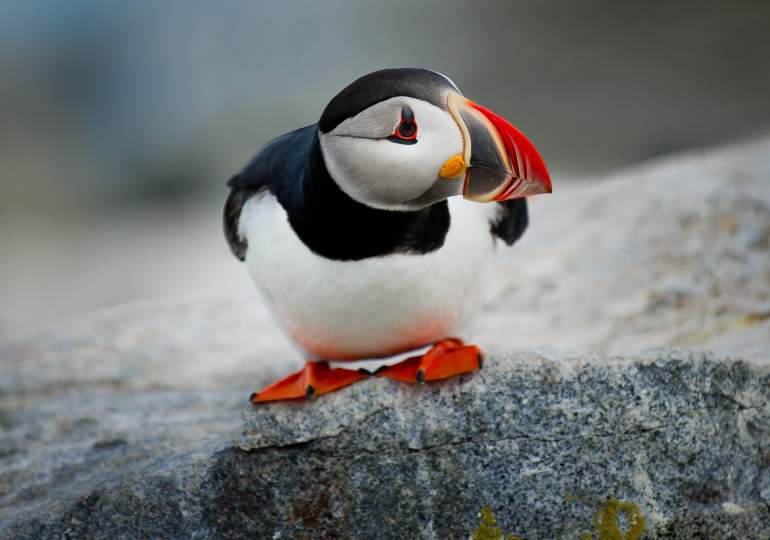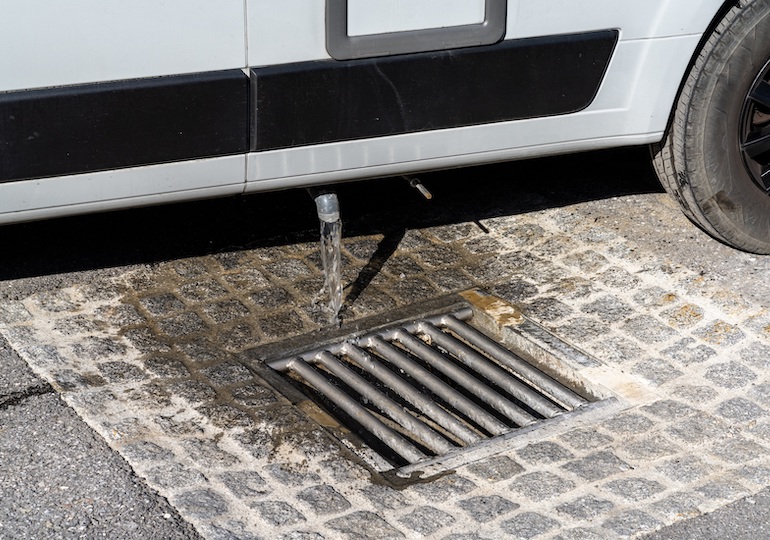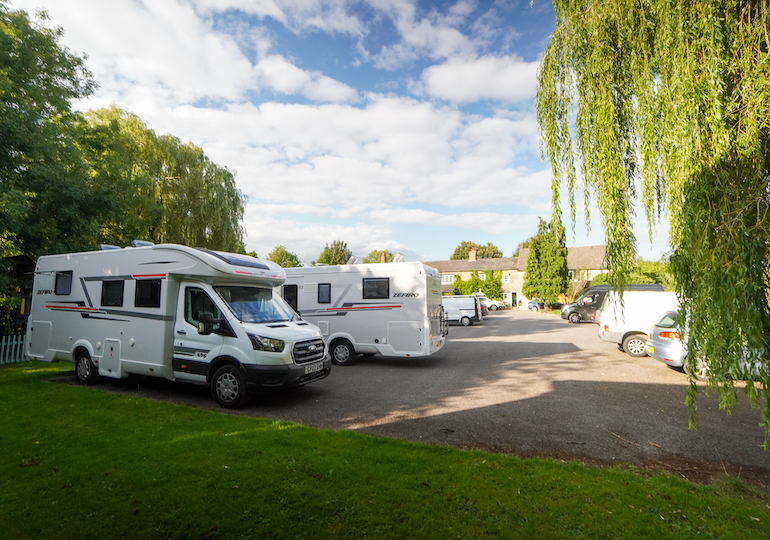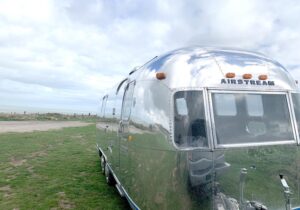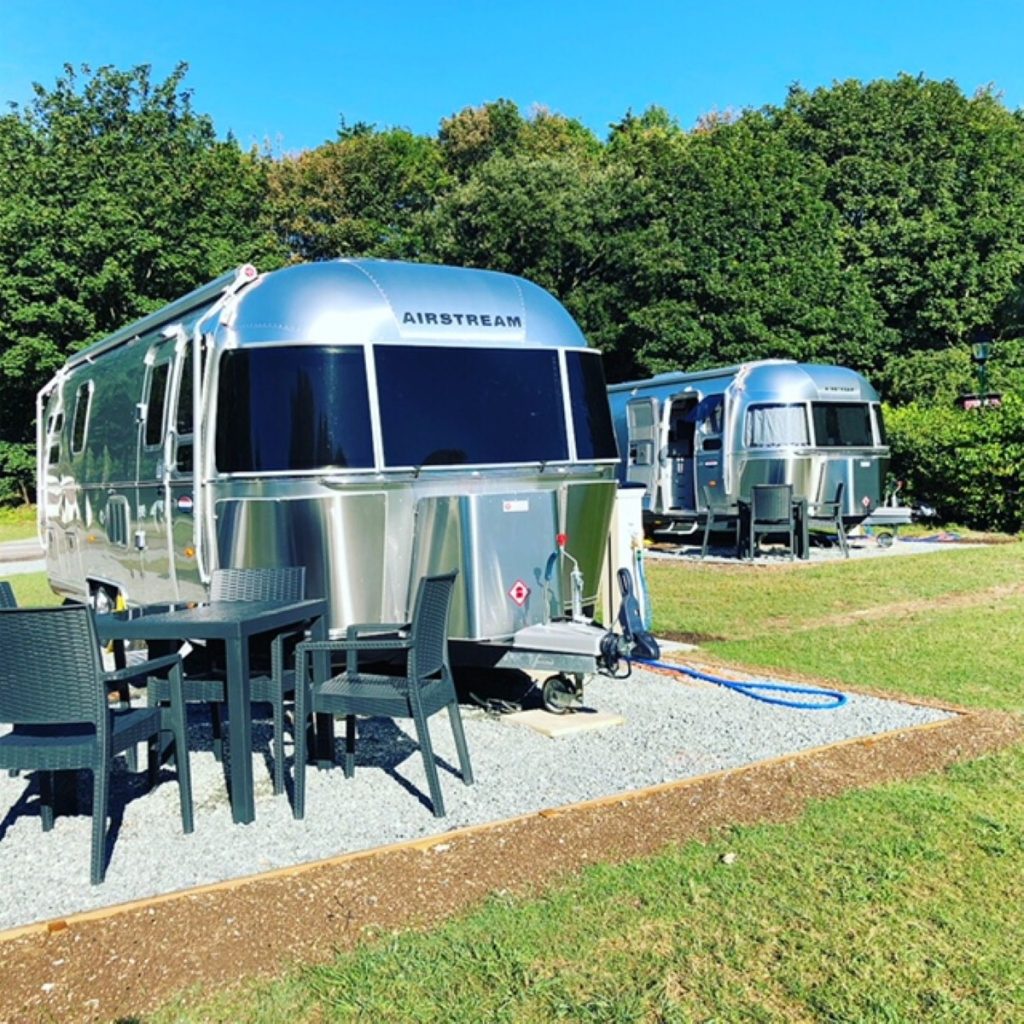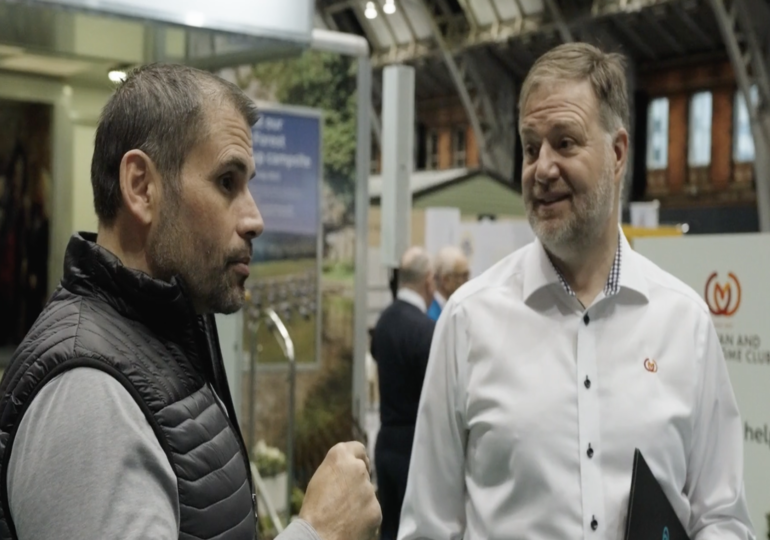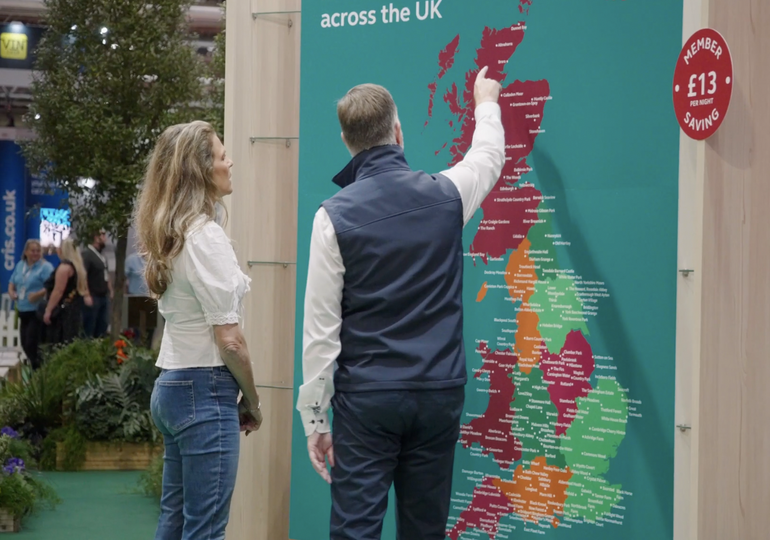One of the best things about being on a caravan getaway is the opportunity to get out into the countryside and reconnect with nature.
As soon as you start tuning into your natural surroundings, you’ll start to notice little things, such as bird calls.
If you’ve ever wondered which species you can hear from your caravan, Katie Ogden of ReSound has put together a guide to some of the bird calls that can be detected in the UK.
Nightingale
If you’re setting up camp at a caravan site near lots of woodland in the south east of the UK, then there’s a chance you might hear the high-pitched lilting call of the nightingale.
Capable of creating more than 1,000 different sounds, the nightingale is noisiest at night. Listen out for it in Essex, Kent, Suffolk, Norfolk, Sussex and Lincolnshire.
Spotted flycatcher
You’ll have to listen very carefully to catch the quiet call of the spotted flycatcher, which is often likened to the sound of a creaky door or a wheelbarrow.
Late spring is the best time to detect these birds, although sadly they’re a diminishing species. If you’re caravanning in Devon, Kent or Scotland in the next few months, you might just have a chance.
Woodlark
Woodlarks are renowned for their beautiful song and are often heard before being seen. Listen out for their distinctive lullu-ing that rises and falls in pitch and volume.
At this time of year, woodlarks are often nesting in the southern heathlands of the New Forest; Surrey and Berkshire heaths; and Breckland and Suffolk heaths.
Nightjar
While the nightjar’s call can’t be called beautiful, it certainly is impressive, due to its unique ability to remain unbroken for many minutes at a time.
Expect to hear the almost mechanical sound as it rises and falls on a long summer’s evening in Somerset’s Quantock Hills; the New Forest, the Dorset and Surrey heathlands; and Thetford Forest in Suffolk.
Puffin
A caravan holiday at the coast is always improved by a puffin spotting trip, if it’s the right season, but have you ever thought about the purring, growling sound these beautiful seabirds make?
It’s hard to believe they’re on the red list of endangered birds when you see the huge numbers of them gathered in colonies between April and August. Head to Bempton Cliffs in Yorkshire, the sea cliffs north of Scarborough, the Pembrokeshire coast, the Farne Islands, and along the north Cornish coast.
Photo credit: Unsplash/Ray Hennessy

